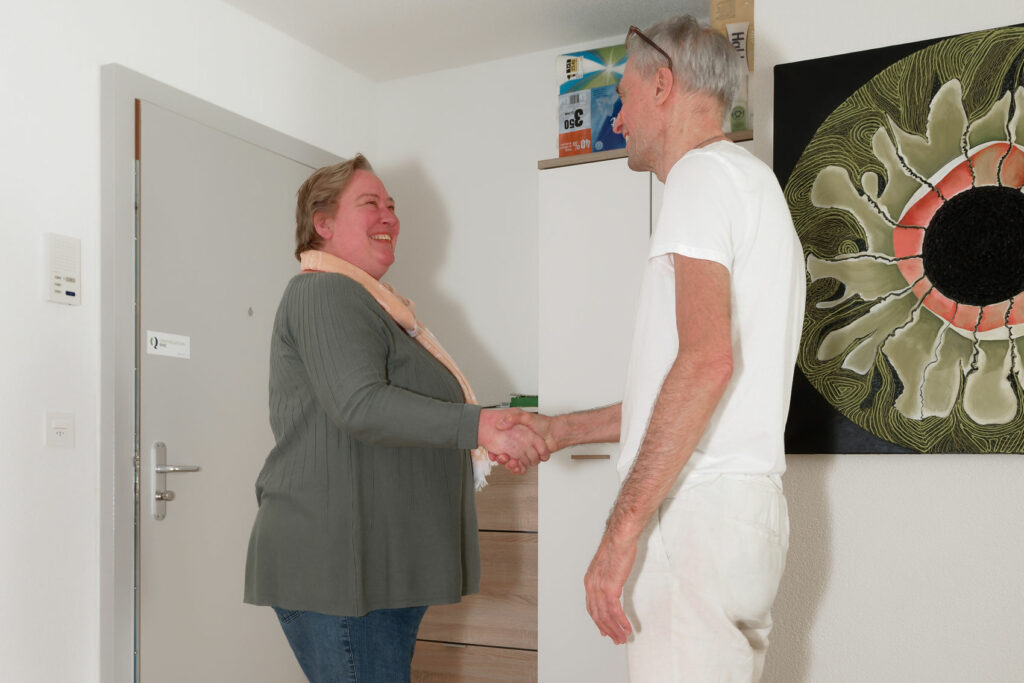How is Cushing’s treated?
Treatment for Cushing’s disease often includes an operation and drugs may be used to reduce the amount of cortisol produced.
Surgery
If your Cushing’s is caused by a pituitary tumour (Cushing’s disease), you will usually need an operation. It is carried out under a general anaesthetic and usually involves and operation through the nose with no external scars. This is called transsphenoidal surgery. By going behind the nose in this way, the surgeon can see your pituitary gland without having to operate on the main part of your head. Sometimes the area behind the nose needs patching with tissue taken from under the skin of the thigh or abdomen during the operation which will leave a small scar there. Please see our Surgery & Radiotherapy booklet.
Most people are up and about and eating normally the following day and are back at home within a few days. Recovery times can vary. Depending on your particular job and circumstances, you should plan to be away from work for four to six weeks, maybe longer. You will need to avoid blowing your nose for three weeks or more while it heals and your front teeth may feel a bit numb for a while, occasionally permanently. You may also lose your sense of smell for weeks or months – although this usually returns to normal as the nerves re-grow.
For a few days after the operation some patients feel very thirsty and need to pass urine more than normal. This condition, called Arginine Vasopressin Deficiency (previously Diabetes Insipidus), is usually temporary but occasionally can become permanent. It can be treated by using a drug called desmopressin. Please see our leaflet called Diabetes Insipidus. You may also notice peeling of the skin as the cortisol levels fall (this is a good sign). Occasionally it is necessary to carry out a second operation if the first is not completely successful. This can sometimes be done within seven to ten days.
You will need further hormone tests, either immediately and/or four to six weeks after the operation. Again, these are usually done as an outpatient not requiring a hospital stay. These tests are designed to show whether or not the operation has been a success, and whether you have developed deficiencies of other pituitary hormones, known as hypopituitarism, which may need replacement tablets. Please see our booklet called The Pituitary Gland.
After successful surgery you are likely to feel worse for several weeks and months before you begin to feel better. Eventually, however, your strength and mood will improve over time and the other symptoms will gradually diminish. This usually takes several months, but be patient – it will happen.
Medication
You may have to take replacement cortisol (which is called ‘hydrocortisone’ when it is in tablet form) or another steroid tablet such as prednisolone, for some time after your operation to compensate for a temporary reduction in your body’s ACTH production. This occurs because the normal control mechanisms are ‘switched off’ after being exposed to too much cortisol for so long. Hydrocortisone is taken in the form of tablets, usually two or three times a day. If prescribed and you don’t take the tablets (or when they are deliberately not given immediately after the operation or during reassessment tests) you will probably feel generally weak, tired and ‘ill’. However, you will feel better after you begin to take the tablets again.












